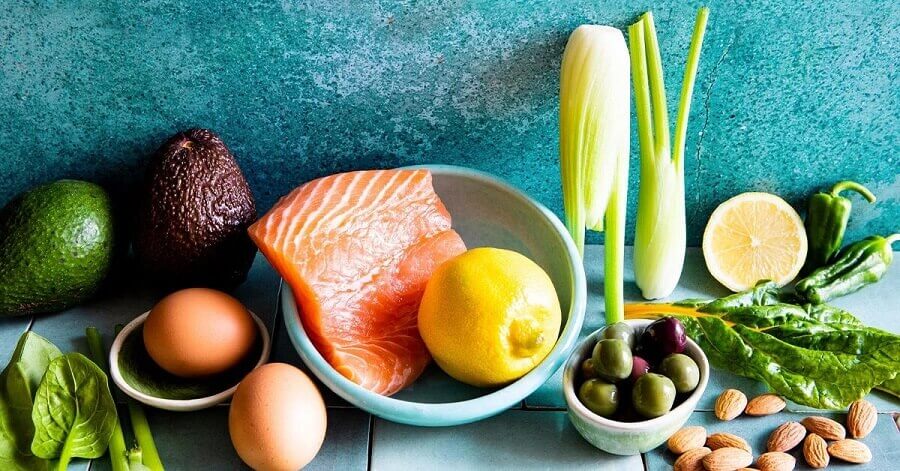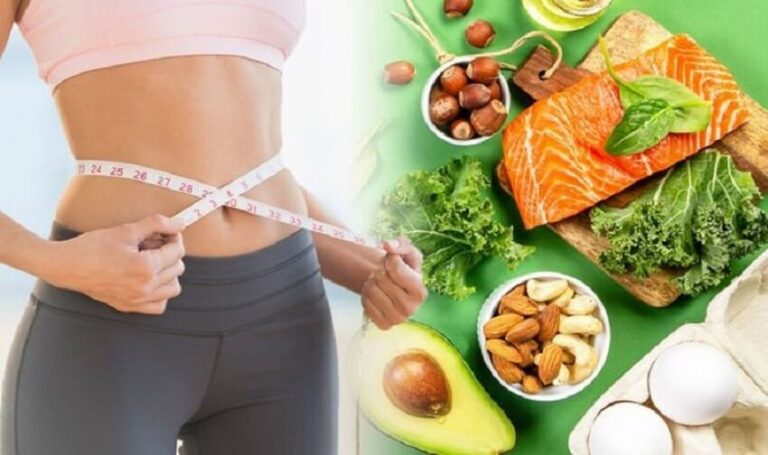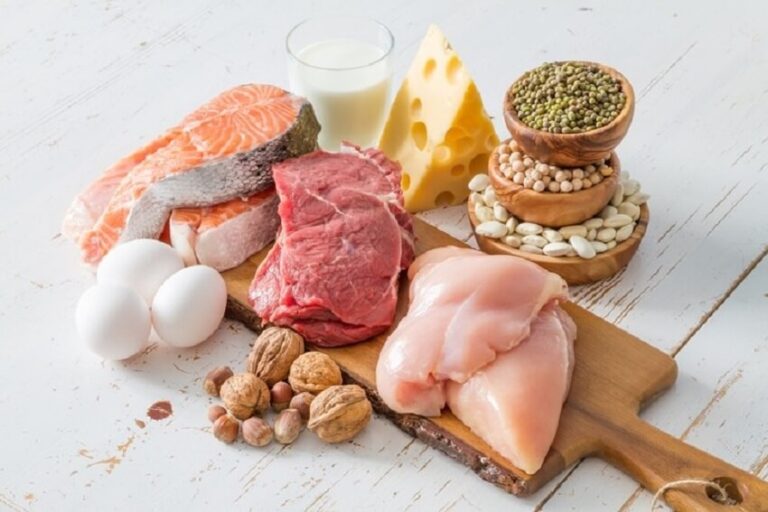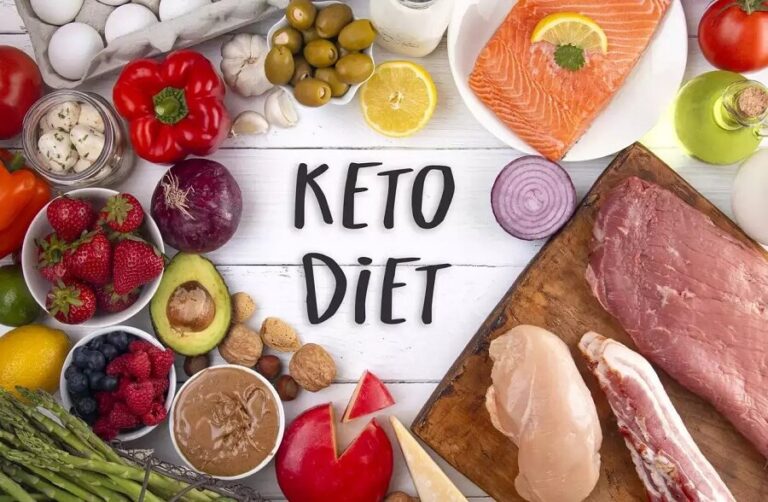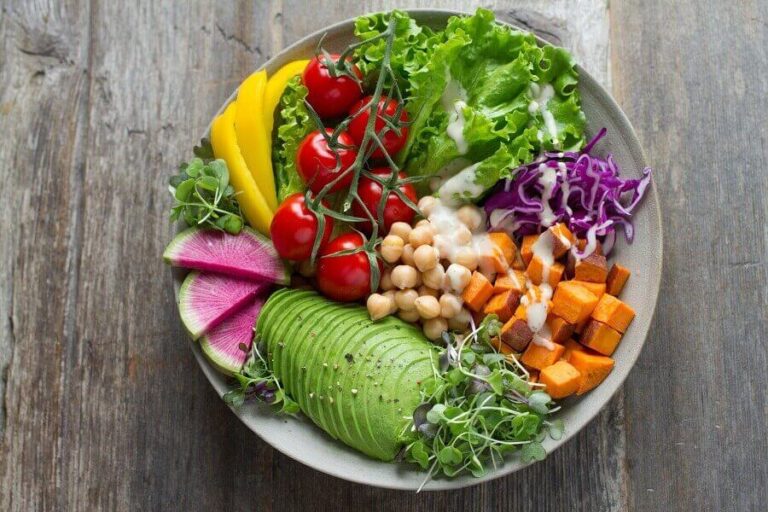If you’ve started the ketogenic diet, you may be craving something sweet, and you’ve heard that some sweeteners are allowed.
Many types of keto sweeteners are offered on the market today, with different flavors and properties. This can be confusing for beginners on the ketogenic diet.
Read on to find out which low-carb sweeteners are allowed on the keto diet.
RELATED:
- How to do the ketogenic diet? – Keto menu example pdf
- Keto Nutrition Rules – The 7 Most Important
- Keto Supplements – Which Are The Best?
Sweeteners on the ketogenic diet – keto
The sweeteners allowed on the ketogenic diet are all those low in carbohydrates. These provide a sweet taste without disturbing blood sugar levels. You must consider several factors when choosing sugar substitutes for the keto diet. The price and the taste are some of them.
Below you can see the best sweeteners for the keto diet:
1. Stevia
Stevia is a natural sweetener with greater sweetening power, about 200 times more than white sugar. There are no known side effects of stevia, so the FDA has included it in their permitted products. (1)
Stevia is a low-carbohydrate, non-nutritive sweetener (it does not provide calories), and its glycemic index is 0. Therefore, both stevia powder and liquid are ideal products for the ketogenic diet.
Some producers combine it with sugar. So to continue in ketosis, you must ensure that its ingredient list does not have added sugar.
2. Sugar alcohols – xylitol and erythritol
Sugar alcohols are substitutes for low-calorie sugar. The most widely used are xylitol and erythritol.
As the name implies, they are hybrids of sugar and alcohol molecules. Sugar alcohols are low in carbohydrates and allowed on the ketogenic diet in moderate amounts.
Sugar alcohols like xylitol and erythritol are one of the best sweetener options for the keto diet. Studies have confirmed that they have virtually no short-term and long-term side effects.
The precaution of these sweeteners is that if consumed in amounts greater than 50 grams at one time, they can cause stomach upset: diarrhea and gas. If you are doing the ketogenic diet, be sure not to overdo it.
3. Sucralose
Sucralose, well known by its brand Splenda, is a sugar substitute that does not provide calories or net carbohydrates. So it is allowed on the ketogenic diet.
Sucralose is obtained as a product derived from white sugar, so its taste is the most similar to sugar within the sweeteners.
The advantage of sucralose being a sugar substitute is that it does not change its flavor at high temperatures making it the best option for keto baked goods.
Its disadvantage is that one of its side effects is to modify the intestinal flora and can have laxative effects. (2) It is not the best sweetener if you are on the ketogenic diet and experiences digestive disorders.
4. Fruit of the monk
Monk fruit is a natural sweetener from a plant native to southern China.
It contains natural sugars and compounds called mogrosides, antioxidants representing and giving it a sweet taste.
Depending on the concentration of mogrosides, monk fruit sweeteners can be 100 to 250 times sweeter than regular sugar.
Monk fruit extract contains no calories or carbohydrates, making it an excellent option for a ketogenic diet.
If you opt for this sweetener on the keto diet, buy a brand that does not contain carbohydrates. Since monk fruit extract is sometimes mixed with sugar, molasses, or other sweeteners, it can alter the total calorie and carbohydrate content.
5. Saccharin
Saccharin is considered the first non-caloric sugar substitute. It was first synthesized in the 1970s. A decade later, a study published that it could have carcinogenic effects in mice, so it was withdrawn from the market.
Years later, the European expert committee on food additives, the WHO, and the FDA invalidated the previous studies and certified them as safe for health. (5)
The main disadvantage of saccharin is its taste. Notoriously artificial compared to other keto sweeteners. As well as, several cases of particular allergies to this compound have been detected. Although it is not the best sweetener for the ketogenic diet, it can be considered permissible.
RELATED:
Sweeteners to avoid on the ketogenic diet
While there are many low-carb sweetener options that you can enjoy while on a ketogenic diet, there are many others that are not ideal.
Here are some sweeteners that are rich in carbohydrates and can increase blood sugar levels and disrupt ketosis:
- Maltodextrin – This highly processed sweetener is produced from starchy plants like rice, corn, or wheat and contains the same calories and carbohydrates as regular sugar.
- Honey: high-quality honey contains antioxidants and nutrients, making it a better option than refined sugar. However, it is still high in calories and carbohydrates and should be avoided while on the ketogenic diet.
- Coconut Sugar: Made from the sap of the coconut palm, it is also rich in fructose, which can get you out of ketosis.
- Agave Syrup – Agave nectar or syrup is about 85% fructose, which can make it difficult for your body to regulate blood sugar levels and should be avoided if you want to stay keto.
ABSTRACT
The best sweeteners for the ketogenic diet are stevia and the sugar alcohols: xylitol and erythritol.
Monk Fruit Sweetener is a new, natural option that is also low in carbohydrates.
To buy keto sweeteners, make sure they don’t contain carbohydrates in their ingredient list.
When doing the ketogenic diet, you should avoid all high carbohydrate sweeteners. Honey, coconut sugar, and agave syrup are some examples.

